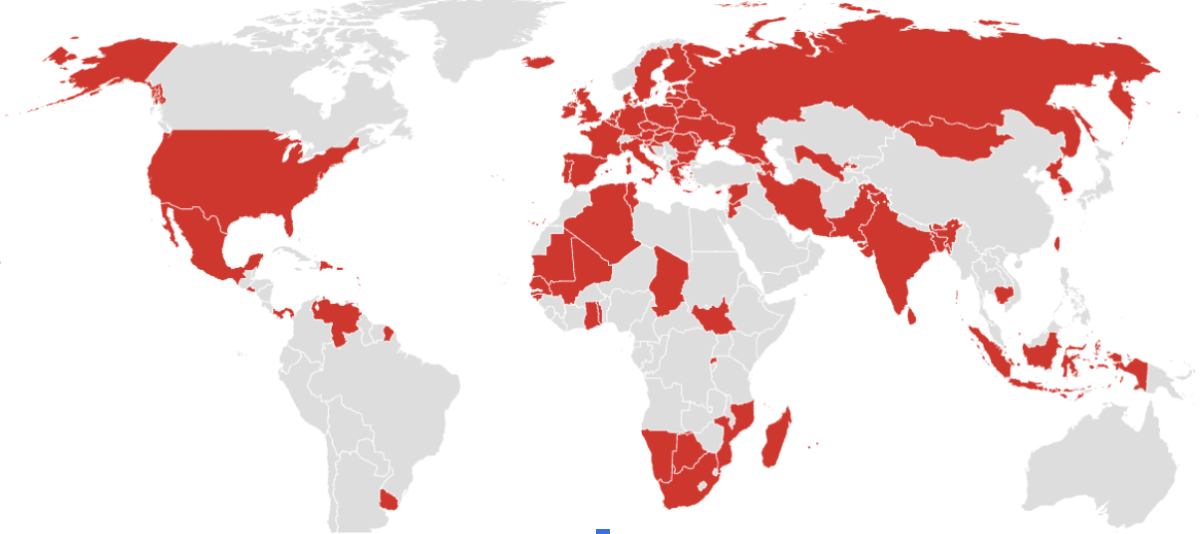Previously published May 20. 2021
On March 23, Israel held an election for the 120 members of the 24th Knesset. The Knesset is Israel’s unicameral parliament, in which seats are apportioned on a proportional basis (for example, in this election, the party Likud received 24.19% of votes and therefore 30 seats). A majority party must control 61 seats; currently, there is no party to hold a majority.
This was the fourth election to take place in the past two years. Why so frequent? The occurrence of the past election can be explained by the following: Israeli law stipulated that if the state budget bill could not be passed before 23 December 2020, the Knesset would be dissolved and reelections held within 90 days. On 21 December, the Knesset did indeed fail to pass the bill, setting the date of the election for the 24th Knesset for 23 March 2021. If you are interested in reading more on the Israeli political crisis, an article is linked below.
Below is a chart breaking down how many seats which party won and the parties’ platforms, and their location on the political spectrum.
Now, I’d like to describe an interesting part of the election system, a unique feature that stems from many Israeli political parties: surplus voting agreements. Essentially, it is an agreement entered into by two parties that will allow them to occupy an extra seat in the Knesset. Because representation is based on percentage votes, frequently parties are left with votes that translate only to a partial seat, so they can agree with another (usually ideologically similar) party to combine these leftover votes to make a full seat and then allocate that seat to the party that won the most seats of the two.
You may have also noticed that of the parties listed below. Several are alliances; in fact, many parties that are not currently made up of alliances were created through mergers of parties. The Israeli system is one built on ever-shifting party relationships, creating a dynamic political playing field. Unfortunately, it doesn’t seem that this system is better at preventing deadlock than the two-party system: no party has a majority, and oppositions are very fragmented. Israel may be facing the fifth election since 2019.


Works Cited
https://www.trtworld.com/magazine/explained-why-is-israel-failing-to-form-a-stable-government-42627














![Teacher [Milk] Tea: Part 2](https://bisvquill.com/wp-content/uploads/2024/03/Screen-Shot-2024-03-19-at-9.28.48-PM.png)
![Teacher [Milk] Tea: Part 1](https://bisvquill.com/wp-content/uploads/2024/03/milk-tea.png)





































